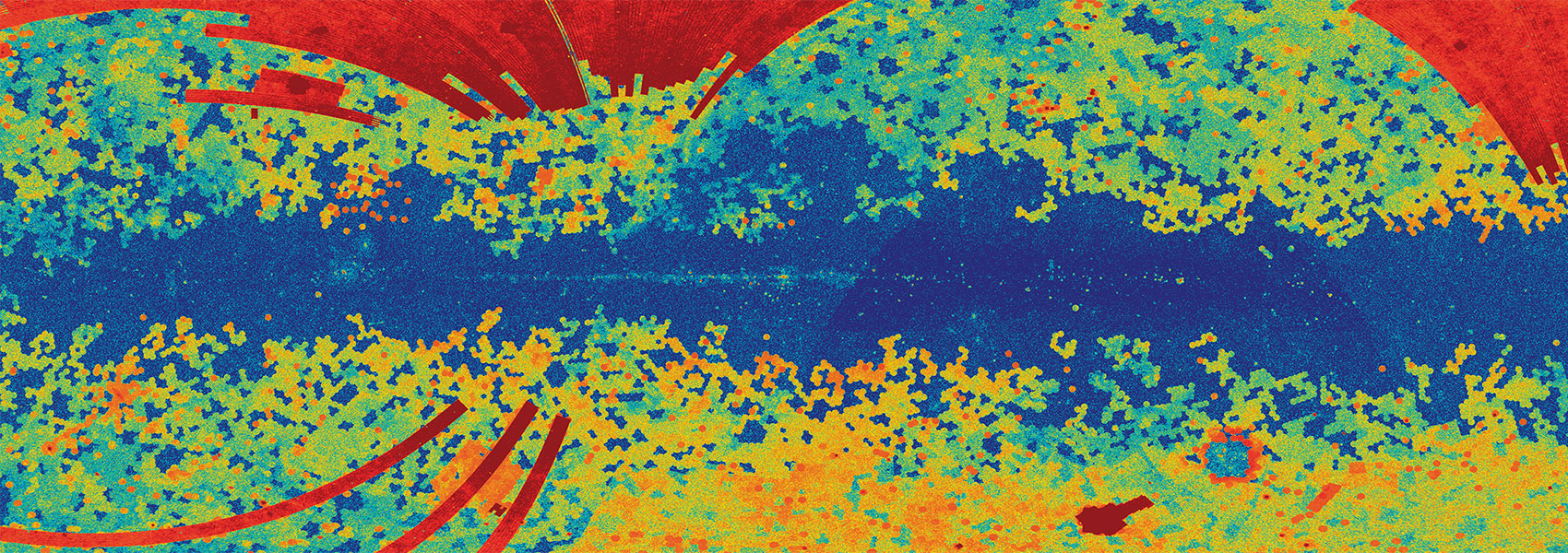- Science Collaborations
-
GOALS
Great Observatories All-sky LIRG Survey
-
PASSAGE
Parallel Application of Slitless Spectroscopy to Analyze Galaxy Evolution
-
RAPID PIT
Roman Alerts Promptly from Image Differencing
-
Roman GRS PIT
Roman Galaxy Redshift Survey Project Infrastructure Team
-
Roman HLIS Cosmology PIT
Roman Project Infrastructure Team: Cosmology with the Roman High Latitude Imaging Survey
-
UVCANDELS
Ultraviolet Imaging of the Cosmic Assembly Near-infrared Deep Extragalactic Legacy Survey Fields
- More
- In Development
-
ARIEL/CASE
Atmospheric Remote-sensing Infrared Exoplanet Large-survey
-
DSA-2000
Deep Synoptic Array
-
LTB
Lunar Trailblazer
-
NEO Surveyor
Near-Earth Object Surveyor
-
Roman
Nancy Grace Roman Space Telescope
-
Rubin
Vera C. Rubin Observatory
-
SPHEREx
Spectro-Photometer for the History of the Universe, Epoch of Reionization and Ices Explorer
-
UVEX
Ultraviolet Explorer
- Legacy
-
2MASS
Two Micron All Sky Survey
-
Herschel
NASA Herschel Science Center
-
IRAS
Infrared Astronomical Satellite
-
ISO
Infrared Space Observatory
-
NEOWISE
Near-Earth Object Wide-field Infrared Survey Explorer
-
Planck
U.S. Planck Data Center
-
SOFIA
Stratospheric Observatory for Infrared Astronomy
-
Spitzer
Spitzer Science Center
-
TMT
Thirty Meter Telescope
-
WISE
Wide-field Infrared Survey Explorer
- In Development
-
ARIEL/CASE
Atmospheric Remote-sensing Infrared Exoplanet Large-survey
-
DSA-2000
Deep Synoptic Array
-
LTB
Lunar Trailblazer
-
NEO Surveyor
Near-Earth Object Surveyor
-
Roman
Nancy Grace Roman Space Telescope
-
Rubin
Vera C. Rubin Observatory
-
SPHEREx
Spectro-Photometer for the History of the Universe, Epoch of Reionization and Ices Explorer
-
UVEX
Ultraviolet Explorer




